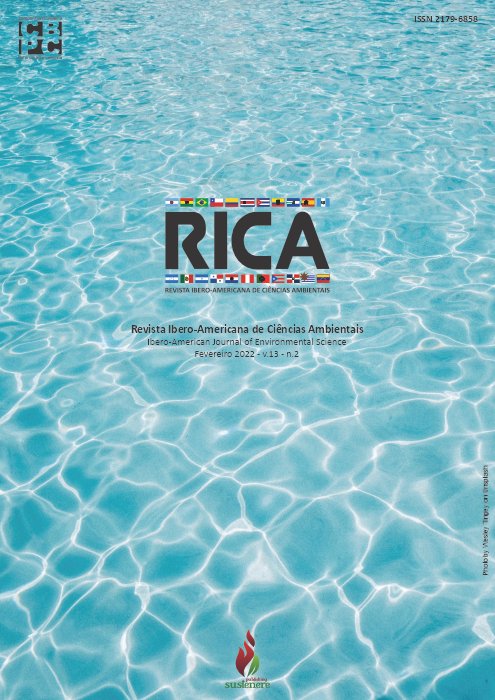Characterization of environmental licensing processes in Minas Gerais
DOI:
https://doi.org/10.6008/CBPC2179-6858.2022.002.0028Keywords:
Environmental licensing modalities, State environmental legislation, Preservation of the environmentAbstract
At the same time that the environmental licensing process needs to be effective to certify safely the environmental viability of polluting enterprises and activities, it must be quick and not bureaucratic, allowing the country's economic progress and development. Based on the idea of improvement and modernization, the environmental licensing system of the State of Minas Gerais was restructured to establish new parameters for the framework of licensable enterprises and activities, modifying procedures and creating new types of environmental regularization. In order to verify how these modifications impacted the framework of the licensable enterprises and activities, the present work carried out the characterization of the licenses granted between the years 2013 and 2019, initially analyzing, in a quantitative way, the data collected, verifying the type / type of licensing employed in the administrative processes, the class of framing of the undertakings, the Regional Superintendence of Environment and Sustainable Development - (SUPRAM's) to which they are linked and the most licensed activities in that period, in order to later verify whether the recent changes have increased the number of framing of licensable ventures and activities in the simplified or concomitant model. It was verified by the analysis of 13,860 environmental licenses granted in the studied period that there was an increase in the proportion of concurrent licenses and a decrease in the proportion of corrective licenses, when compared to the proportions of these types of licenses granted based on the revoked legislation. There was also an increase in the class of framing of the undertakings that were submitted to the concurrent and simplified licensing modalities, given the restriction of the genuinely preventive procedure (three-phase) only to large undertakings, with a polluting potential considered significant, when installed in sensitive areas.
Downloads
Downloads
Published
Issue
Section
License
Copyright (c) 2022 Ibero-American Journal of Environmental Sciences

This work is licensed under a Creative Commons Attribution-NonCommercial-NoDerivatives 4.0 International License.
The CBPC - Companhia Brasileira de Produção Científica (Brazil CNPJ: 11.221.422/0001-03) the material rights of the published works. The rights relate to the publication of the work anywhere in the world, including rights to renewals, expansions and dissemination of the contribution, as well as other subsidiary rights. All electronically published works may subsequently be published in printed collections under the coordination of this company and / or its partners. The authors preserve the copyright, but are not allowed to publish the contribution in another medium, printed or digital, in Portuguese or in translation.









